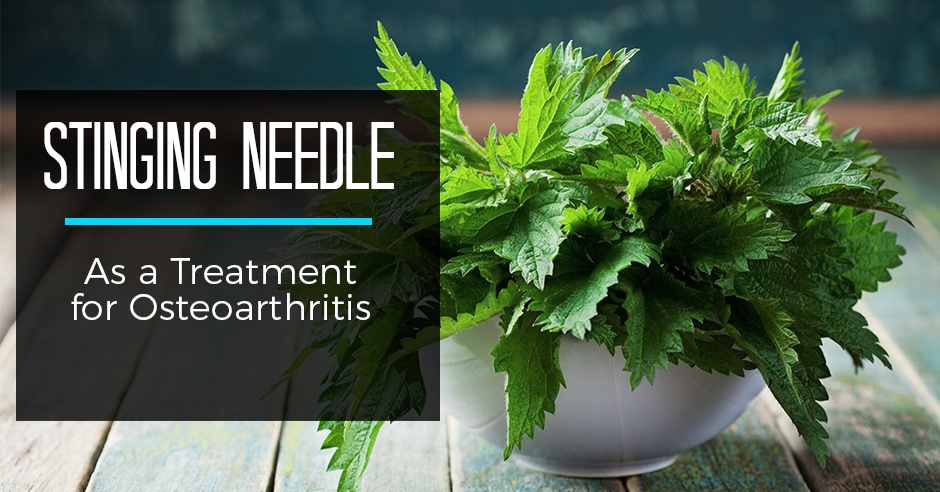According to the Centers for Disease Control, roughly 30 million US Adults suffer from osteoarthritis. [1] Of all the forms of arthritis, osteoarthritis is the most commonly occurring form. Osteoarthritis is a progressive disease where the cartilage and bone within joints erode causing pain and loss of mobility as the disease progresses.
The Treatments for Osteoarthritis
Because Osteoarthritis progresses to the point where mobility is lost the range of treatment includes everything from over-the-counter pain medication to joint replacement surgery. Doctors often prescribe:
- Physical activity, especially for people who are overweight or obese.
- Prescription painkillers and over-the-counter pain medications
- Therapy such as physical therapy to help improve range of motion and improve balance.
- Adaptive equipment such as walkers, crutches, braces, and canes
- Total joint replacement surgery
Osteoarthritis, which for many Americans is a wear-and-tear disease is much more than that term describes. It is very much a disease that involves inflammation. An article that appeared on Stanford Medicine's News Center outlines that facts about inflammation and Osteoarthritis. [2]
- Pain medications help to relieve the pain caused by Osteoarthritis but they do not address the disease's progression nor do they slow that progression down.
- The idea that inflammation might be a primary cause of Osteoarthritis rather than a secondary symptom of the disease changes how the treatment of the disease should occur.
- The progression of the disease is molecular and that the physical changes are a result of chemistry.
In a different study that appeared in the HHS Public Access Author manuscript - Peer Reviewed and Accepted for Publication and found on the US National Library of Medicine's site discusses the use of lipophilic stinging root nettle extracts as a means of addressing the inflammation associated with Osteoarthritis. [3]
Facts from the Study:
- Via ASE extraction four concentrations were developed for the roots, leaves, stems, and flowers of stinging nettle Urtica dioica.
- A commercially available ethanol extract of stinging nettle bath was also tested
- Extract from the stinging nettle flower shows the best result and was compared with the results of the drug celastrol but produced a toxicity to healthy cells too.
- The extracts from the leaves, roots, and stems produced a weaker result, but still maintained some level of toxicity to noninflammatory cells.
- The best results were those obtained via the lipophilic dichloromethane extraction method using the roots, stems, and leaves which showed very good anti-inflammatory response with very little toxicity to healthy cells.
The results show that ( Urtica dioica) the Stinging Nettle leaf as a Treatment for Osteoarthritis - has the potential to potentially treat Osteoarthritis in such a way that the symptoms that we recognize as the disease might never develop.
The Study posted by Stanford Health by Dr. William Robinson and his team suggests that if we treat inflammation, then the progression of Osteoarthritis stops before the symptoms appear. That provides the background for why stinging nettles as a treatment for osteoarthritis is both positive and advanced.
The Marketing for Stinging Nettle Arthritis Treatments
The marketing is wide open for this as there is a huge opportunity to be first to market or nearly first to market with a product that addresses inflammation with a marked reduction in toxicity to healthy cells.
There and many different stinging nettle varieties out there that offer a nice lane to take your advertising/markeitng.
With somewhere around 30 million people suffering from Osteoarthritis the market potential is huge. On one hand, there is the opportunity to target market people who have Osteoarthritis in any of its various forms.
There is also the opportunity to target market those people who may have a genetic risk of developing Osteoarthritis for use of the product as a preventative.
Stinging nettle supplement treatment is a revolution in the medicinal world waiting to be exploited.
Either way, the opportunities exist as a possible treatment that enhances or compliments traditional treatment or as a preventative.







